Biden issues controversial pardon for family members in final hours
- Update Time : Wednesday, January 22, 2025
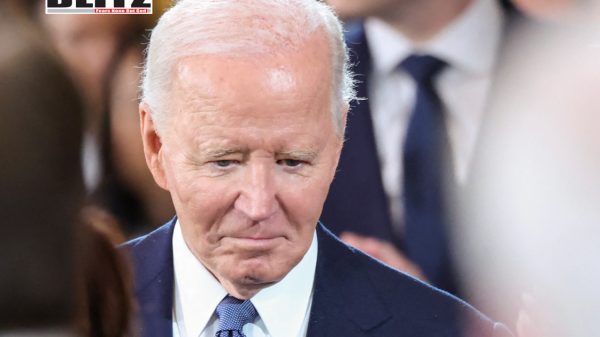
In a controversial move during his final hours in office, outgoing US President Joe Biden issued a preemptive blanket pardon for several members of his family. The unprecedented decision, announced on January 20, shields his relatives from potential legal repercussions stemming from accusations and investigations that have dogged the Biden family for years. The pardon has ignited fierce debate, with critics accusing the president of shielding his family from accountability while supporters claim it was a necessary step to protect them from politically motivated attacks.
The pardon, which Biden described as a constitutional exercise of his executive authority, extends to five family members: his brother James B. Biden, James’s wife Sara Jones Biden, Biden’s sister Valerie Biden Owens, Valerie’s husband John T. Owens, and Biden’s brother Francis W. Biden. The pardon covers “any nonviolent offenses against the United States” that these individuals might have committed between January 1, 2014, and the end of Biden’s presidency.
In his statement, Biden asserted that the pardon “should not be mistaken as an acknowledgment that [the family members] engaged in any wrongdoing.” Instead, he framed the decision as a response to what he described as “unrelenting attacks and threats” targeting his family. “My family has been subjected to unrelenting attacks and threats, motivated solely by a desire to hurt me – the worst kind of partisan politics. Unfortunately, I have no reason to believe these attacks will end,” he said.
The Biden family has faced years of scrutiny, particularly regarding allegations of influence peddling and unethical business dealings. James Biden, the president’s brother, has been at the center of these controversies. A former nightclub owner, broker, and political consultant, James has been accused of leveraging the Biden name to secure lucrative business opportunities. Congressional Republicans and journalists have claimed that James acted as an unregistered foreign agent and lied to Congress about his activities.
Similarly, the president’s son, Hunter Biden, has been a focal point of Republican investigations. Hunter’s foreign business dealings, particularly in Ukraine and China, have drawn accusations of corruption and nepotism. In 2023, Hunter was convicted on gun and tax charges, and he faced sentencing in a separate case. President Biden’s pardon of Hunter late last year – months before this blanket family pardon – sparked significant controversy, with critics arguing that it contradicted Biden’s repeated promises not to interfere in his son’s legal matters.
The blanket pardon appears to be an effort to preemptively shield the Biden family from potential investigations and legal challenges that might arise during the administration of Donald Trump, who is set to assume the presidency. Trump and his allies have frequently targeted the Biden family, alleging corruption and vowing to pursue investigations into their activities.
Biden’s decision has raised numerous legal and ethical questions. While the US Constitution grants the president broad pardon powers, the use of this authority to protect close family members is rare and contentious. Critics argue that such actions undermine the principle of equal justice under the law, creating a perception that powerful individuals can shield their families from accountability.
“This blanket pardon is an abuse of power,” said Senator Tom Cotton (R-AR). “It sets a dangerous precedent where presidents can use their authority to shield their family members from legitimate investigations.”
Legal experts, however, have noted that preemptive pardons are not without precedent. President Gerald Ford famously pardoned his predecessor, Richard Nixon, for any crimes he may have committed during the Watergate scandal. More recently, President Donald Trump issued preemptive pardons for allies like Michael Flynn and Roger Stone. The difference, critics argue, is that Biden’s pardon involves multiple family members, raising concerns about nepotism and conflicts of interest.
The pardon has deepened partisan divisions in Washington. Republicans have seized on the decision as evidence of corruption within the Biden family. “The American people deserve answers about the Biden family’s business dealings,” said House Oversight Committee Chairman James Comer (R-KY). “This pardon is an attempt to obstruct transparency and accountability.”
Democrats, however, have largely defended Biden’s actions. “This is about protecting a family that has been unfairly targeted for years,” said Senator Chris Coons (D-DE). “The president has the constitutional authority to issue pardons, and this is a legitimate use of that power.”
The pardon has also drawn mixed reactions from the public. While some view it as a necessary step to shield the Biden family from politically motivated attacks, others see it as an abuse of executive power. A recent poll conducted shortly after the announcement found that 52% of respondents opposed the blanket pardon, while 38% supported it, and 10% were undecided.
The blanket pardon effectively halts any federal investigations or prosecutions involving the named family members for the covered period. This includes the years-long inquiry into James Biden’s alleged influence peddling. While the pardon does not extend to state-level investigations, it significantly reduces the likelihood of legal consequences for the Biden family.
The timing of the pardon has also drawn criticism. By issuing the pardon in his final hours in office, Biden ensured that there would be no opportunity for Congress or the courts to challenge the decision. Critics have argued that this approach lacks transparency and accountability.
Biden’s decision may have far-reaching implications for the use of presidential pardon powers. By issuing a blanket pardon for multiple family members, Biden has expanded the boundaries of what is considered acceptable use of this authority. Some experts worry that this could set a dangerous precedent, encouraging future presidents to use pardons as a tool to shield their families and allies from scrutiny.
“This pardon undermines public trust in the presidency,” said legal scholar Laurence Tribe. “While the Constitution grants the president broad pardon powers, the use of that power must be guided by principles of justice and fairness. This decision fails that test.”
As Donald Trump prepares to take office, the Biden family pardon is likely to remain a contentious issue. Trump and his allies have vowed to continue investigating the Bidens, and state-level probes could still pose legal challenges for the family. Meanwhile, the controversy surrounding the pardon is expected to fuel ongoing debates about the limits of executive power and the need for reform.
For President Joe Biden, the decision marks a dramatic and controversial conclusion to his presidency. Whether viewed as a necessary act of protection or an abuse of power, the blanket pardon underscores the deep political divisions and personal stakes that have defined his time in office.


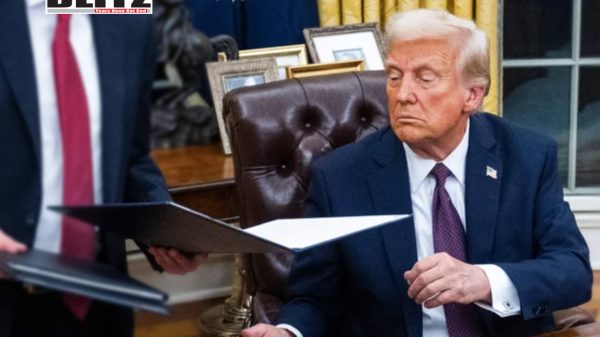
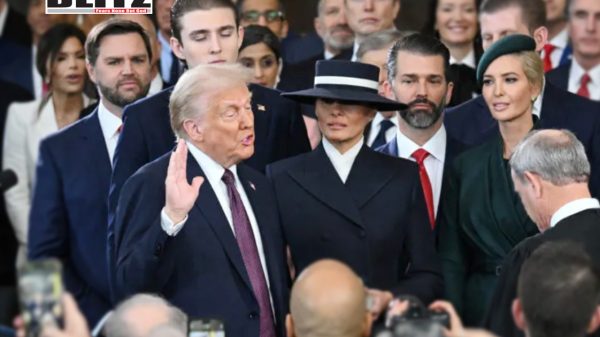
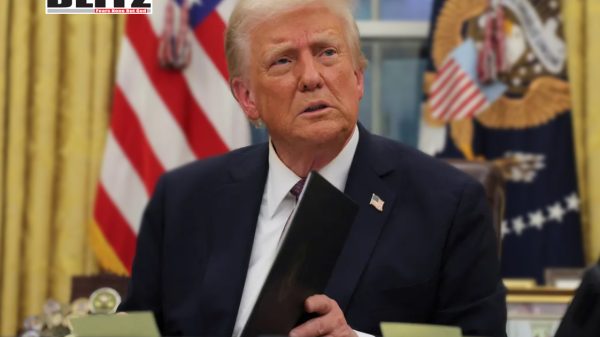
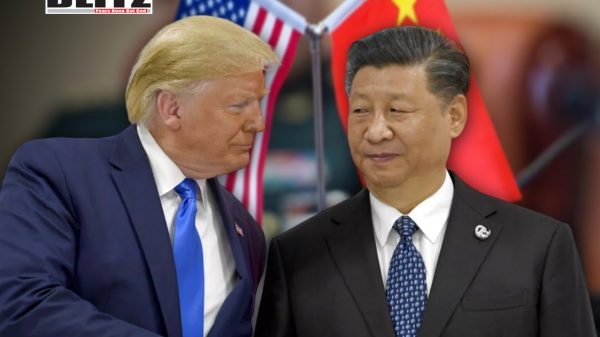
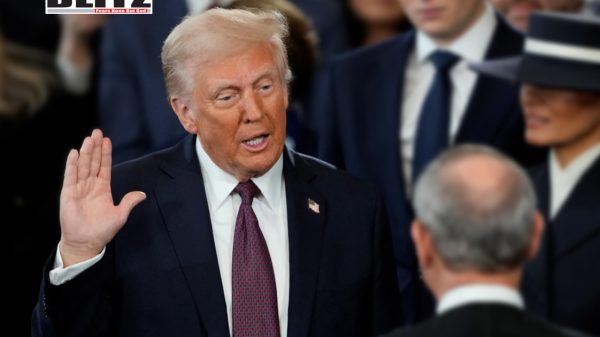
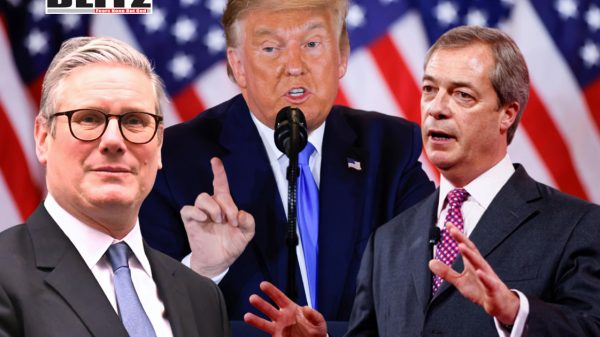
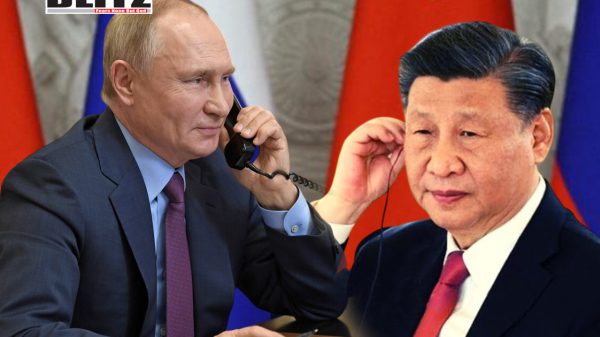
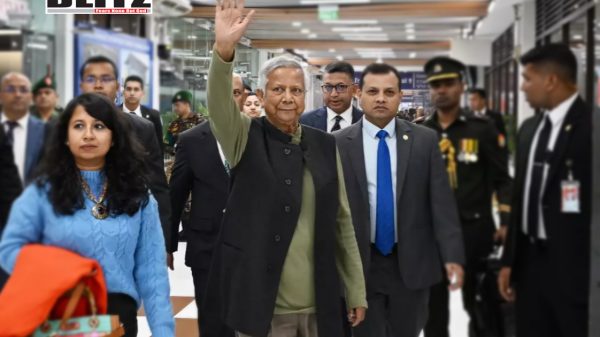
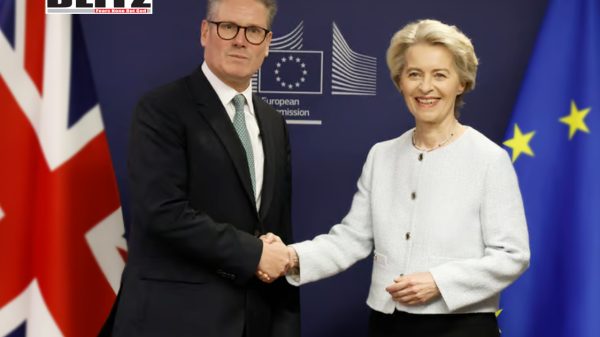
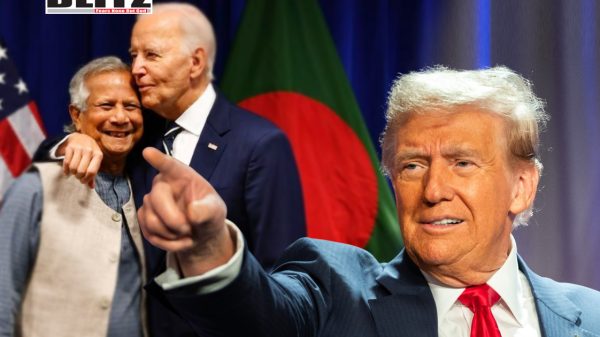


Leave a Reply